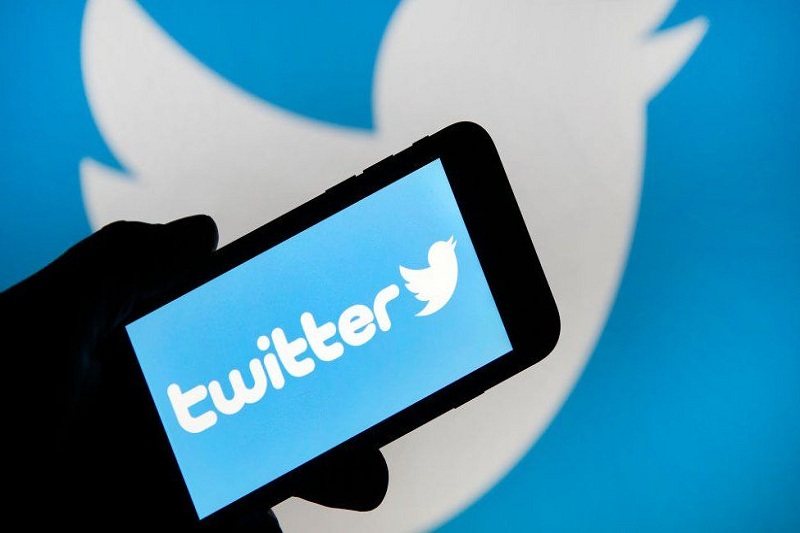Last updated on September 17th, 2021 at 07:05 am
Nigeria has not had an easy life on any account. It has been plagued by child kidnapping by fascist groups and now it has grappled with a social media ban for the longest time. But the good news is that the ban is finally been lifted after a lull of three months. The hopes of youngsters depending and using the internet are up. Announced in June, the ban hurt business dearly.
As the African continent has gradually opened its door to the outer world, the need of social media and use of Internet has been more than ever. The ban attracted condemnation from the business fraternity too. Suspension was put into action by the government itself. In a media statement recently, the Information Minister Lai Mohammed reassured the public that the ban would be gone in just a few more days.
The government suspended Twitter after it removed a post from President Muhammadu Buhari that threatened to punish regional secessionists. Twitter was condemned for favoritism. Apparently, Twitter Chief Executive Jack Dorsey’s posts had encouraged donations to anti-police brutality protests in October 2020.
Related Posts
Further, Twitter posts from Nnamdi Kanu, a Biafran separatist leader (currently on trial in Abuja) also left the concerned authorities infuriated. Earlier on, the government had announced that a Twitter ban would only be lifted end of this year. The government is still awaiting response from the social media company on three conditions it wants met.
Nigeria has already dropped five spots, to 120, in the 2021 World Press Freedom Index compiled by Reporters Without Borders, which described Nigeria as one of the most dangerous and difficult West Africa countries for journalists. Meanwhile, the US lawmakers have already halted its proposal of selling almost $1 billion worth of weapons to Nigeria over concerns about possible human rights abuses by the government too.

